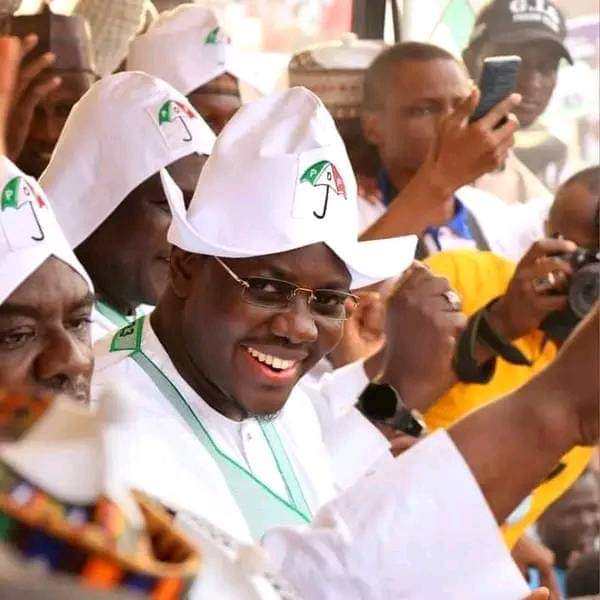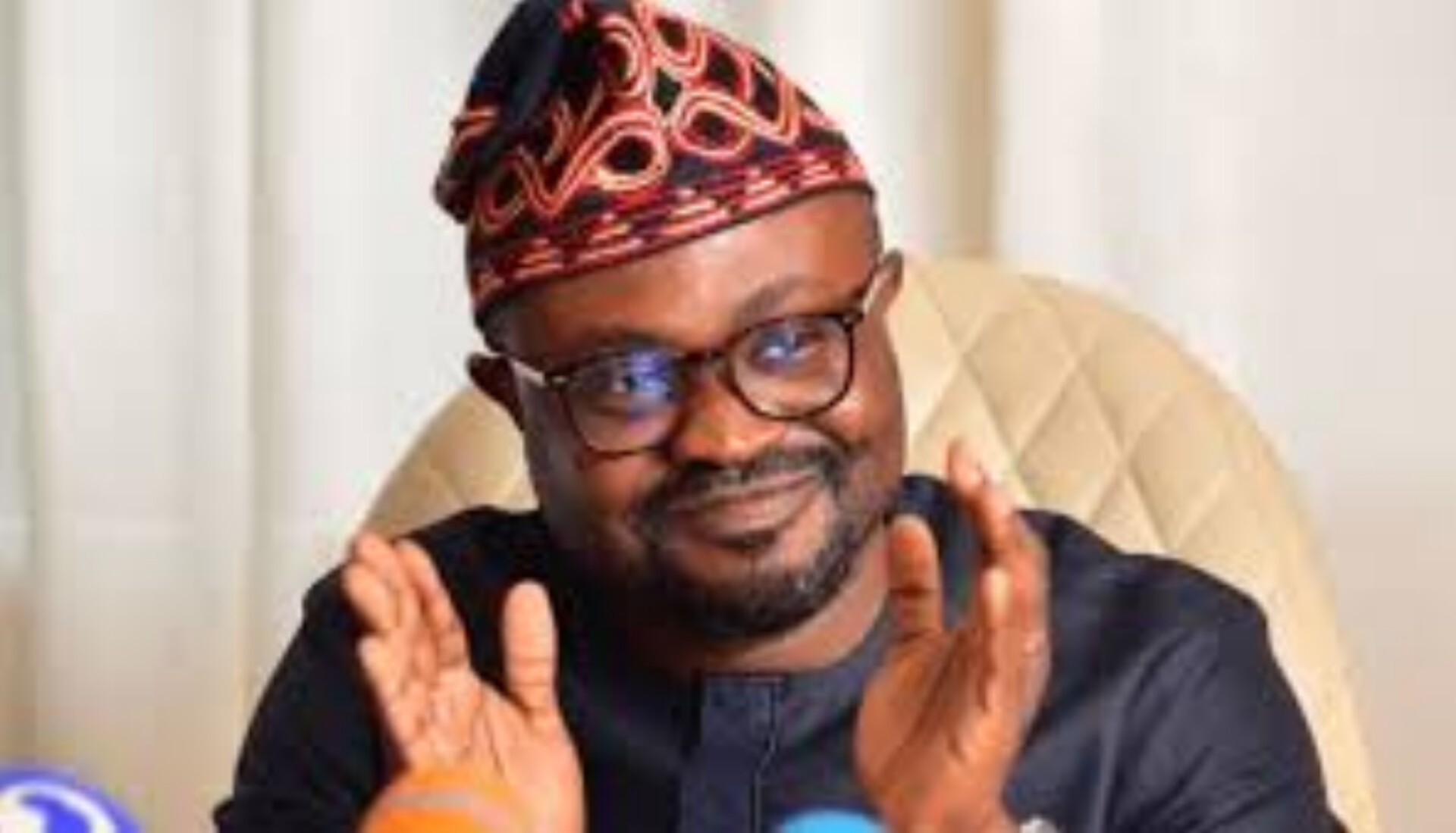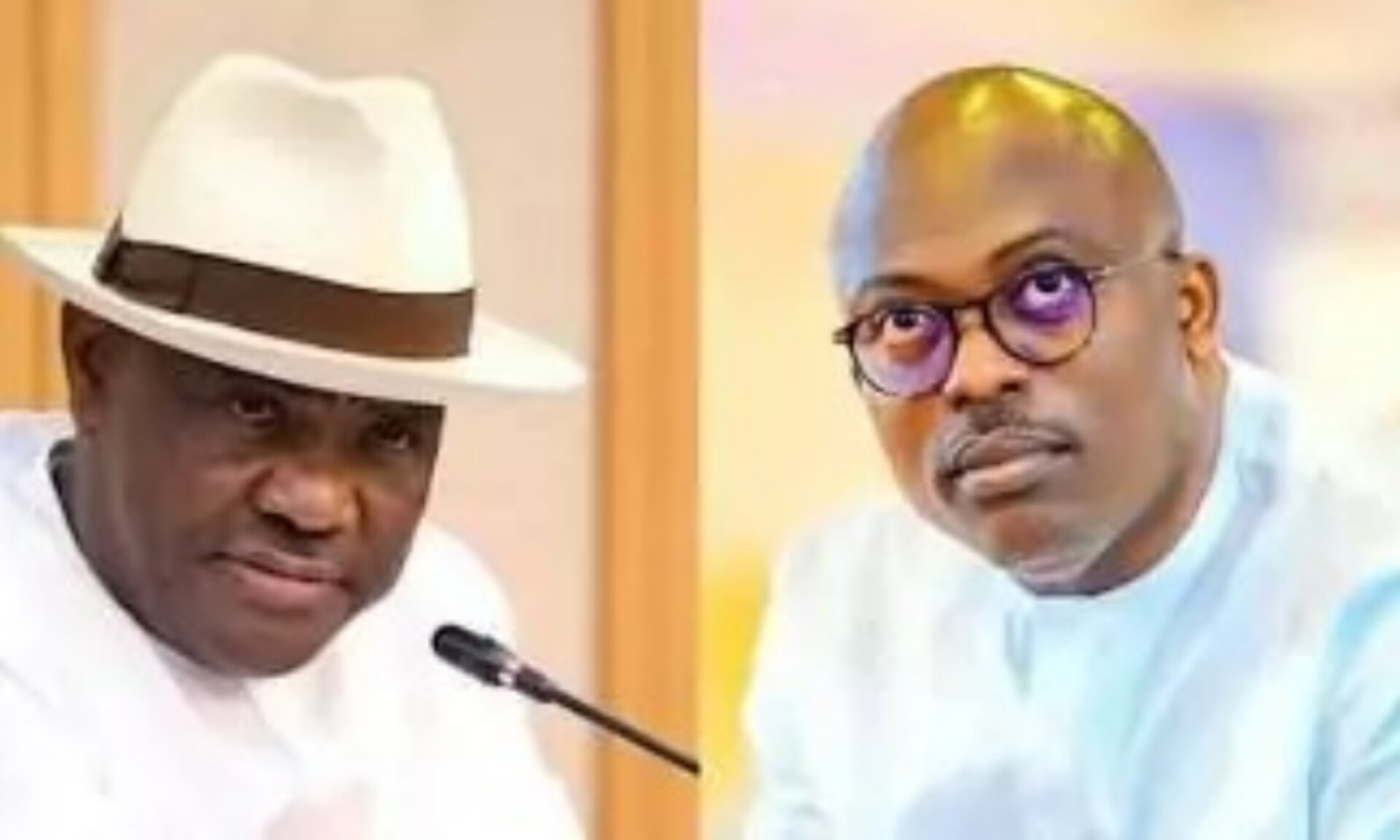By Yushau A. Shuaib
My first encounter with Usman Ododo occurred at PRNigeria Centre Abuja in February 2021, exactly four years ago, when he sought strategic communication supports for Governor Yahaya Bello’s aspirations. He portrayed a committed and loyal aide, yet I found it peculiar that he never mentioned his own political ambitions.
It was through our legal adviser, the now Senior Advocate of Nigeria (SAN) Yunus Abdulsalam, who accompanied him, that I learned Ododo was likely to be the anointed candidate of then-Governor Yahaya Bello.
At the time, I struggled to understand how Yahaya Bello—a charismatic and high-profile governor—could endorse someone who struck me as remarkably humble and reserved, lacking the typical boastfulness and vainglory associated with Nigerian politicians. As the Auditor General for Local Governments, Usman Ododo had never served as a flamboyant commissioner in a lucrative ministry or as the chief executive of a prominent state agency.
Despite his low political profile, I later learned that he had been quietly supporting philanthropic initiatives through various groups and individuals, benefiting communities across the state. Interestingly, these efforts were often perceived as coming from Yahaya Bello himself, likely due to Ododo’s evident admiration for the governor.

A few days later, I received an invitation from a respected media colleague to attend a press engagement with Governor Yahaya Bello.
This encounter later became the subject of my article, “Governor Yahaya Bello for President of Nigeria?” In it, I reflected on our earlier acquaintance when he served as a National Youth Service Corps (NYSC) member and was subsequently offered automatic employment at the Revenue Mobilisation Allocation and Fiscal Commission (RMAFC). At the time, I served as Head of Press and Public Relations from 1999 to 2005.
I noticed Bello’s intense publicity push, especially regarding his controversial stance on the COVID-19 pandemic, which he infamously downplayed as a “glorified malaria.” He consistently defied safety measures, opposed vaccination efforts, and countered public health narratives—actions that attracted significant media attention, similar to former U.S. President Donald Trump.
Despite facing a barrage of criticisms from formidable opposition forces both within and outside the state, which often cast him as a controversial figure and undermined his notable strides and achievements in empowerment, revenue generation, infrastructure development, and other areas, Yahaya Bello as an achiever remains one of the most misunderstood governors of the Buhari era.
During the meeting, I informed Yahaya Bello of Usman Ododo’s support for his presidential aspirations. In response, the governor smiled and downplayed Ododo’s role, saying, “Watch out for that guy… he is a perfect candidate for the future.”
Intrigued, I began researching Ododo’s background. Born on January 1, 1978, in Okene, he pursued academics at the Federal Polytechnic Bida, where he earned both a National Diploma and a Higher National Diploma in Accounting, later obtaining a B.Sc. in Accounting (Forensic) from Achievers University, Owo. His professional trajectory included positions as Assistant Manager of Revenue at the Power Holding Company of Nigeria (PHCN) and Finance Manager at the National Power Training Institute of Nigeria (NAPTIN). In 2016, Governor Yahaya Bello appointed him Auditor General of Local Governments in Kogi State. His financial management and compliance expertise earned him memberships in esteemed organisations such as the Nigeria Institute of Management (NIM), the Institute of Chartered Accountants of Nigeria (ICAN), and the Chartered Institute of Taxation of Nigeria.
While serving as Auditor General, Ododo was nominated as the gubernatorial candidate of the All Progressives Congress (APC) and subsequently won the 2024 governorship election at age 46.
A defining aspect of Ododo’s character is his unwavering loyalty, humility, and sincerity. His deep allegiance to Bello has drawn both admiration and criticism. Many believe Bello’s endorsement of Ododo was a calculated move intended to preserve his political legacy and influence within the state.
As governor, Usman Ododo has demonstrated remarkable loyalty to his predecessor, even going so far as to assist Bello in evading scrutiny and arrest, as reported. Ododo’s administration largely mirrors Bello’s policies, emphasizing strong alignment with his predecessor’s political interests.
In a nation where anointed candidates often turn against their benefactors, Ododo’s steadfast loyalty to Yahaya Bello stands out as exceptional. His readiness to confront federal agencies, such the Economic and Financial Commission (EFCC), raises questions about his priorities. This loyalty is not merely political; it appears personal and calculated, though it comes with risks of potential political isolation and damage to reputation.
Despite not being particularly outspoken or inclined to grant press interviews, Ododo has been quietly impacting the state through infrastructure development, reconciliation with opposition groups, and fostering peaceful coexistence.
A recent executive summary of a monthly PRNigeria media review on Kogi State highlights a mix of positive efforts, security challenges, and political developments. The report indicates that Ododo’s administration is commended for budgetary allocations, welfare initiatives, and infrastructural projects, although security threats and political controversies dominate public discourse. The report suggested that strengthening security, project implementation and judicious utilisation of resources and strategic media relations will be vital for sustaining positive public perception and effective governance.
Meanwhile, to gauge the sentiments of Kogi indigenes, I consulted Mojeed Dahiru, a respected public commentator and columnist from Okene. He commented, “Ododo has a peaceful disposition… he views himself as a governor for all, striving to build consensus among political leaders, ethnic groups, and religious communities, even engaging with the opposition.”
Similarly, I reached out to Haruna Abdullahi Haruspice, a renowned social media influencer and Igala chieftaincy titleholder, to gain insight into Ododo’s leadership style. While praising the governor, Haruspice noted that he demonstrates a humane approach to leadership, marked by remarkable humility, particularly in the face of adversity and hostile environments. Moreover, he highlighted Ododo’s promising prospects for ensuring equitable distribution of government interventions across the state.
An Abuja-based youth activist, Shuaibu Omoolowo, described Usman Ododo as a leader who has demonstrated the potential to steer Kogi State toward a prosperous future. He noted that while Ododo remains loyal to the former Governor, who continues to serve as a guiding figure in his career, Bello’s influence does not interfere with his decision-making, allowing him to take independent actions and lead with autonomy.
Despite the commendations, concerns persist regarding perceived favoritism or nepotism, especially in appointments and resource allocation from some quarters.
The pathway ahead for Governor Usman Ododo requires a careful balance between loyalty and the democratic ideals of accountability to the people of Kogi State.
Someone once posed a simple yet profound question that remains unanswered: “In loyalty to Yahaya Bello, what does Ododo really want?”
Yushau A. Shuaib is the author of An Encounter with the Spymaster.” yashuaib@yashuaib.com




